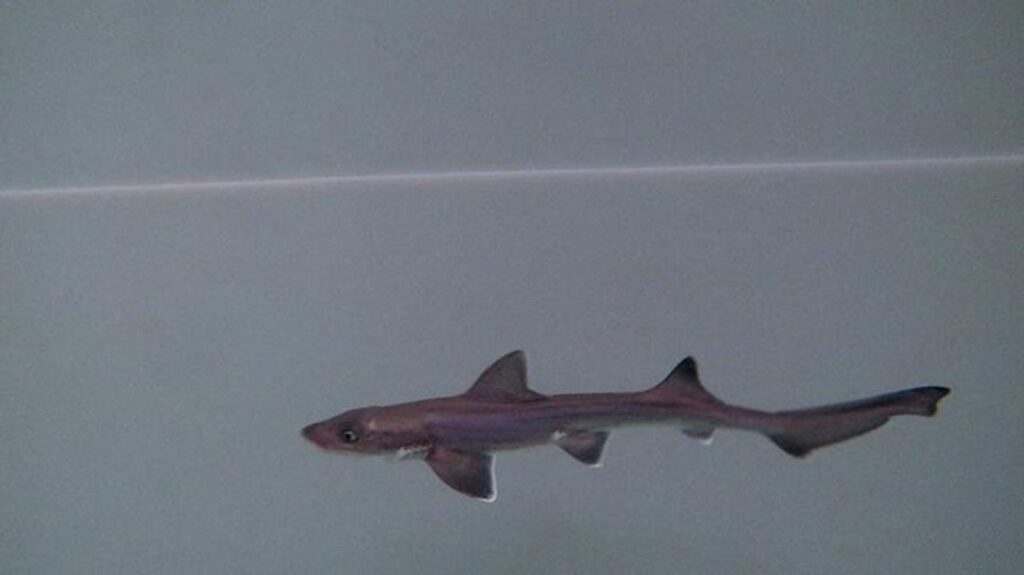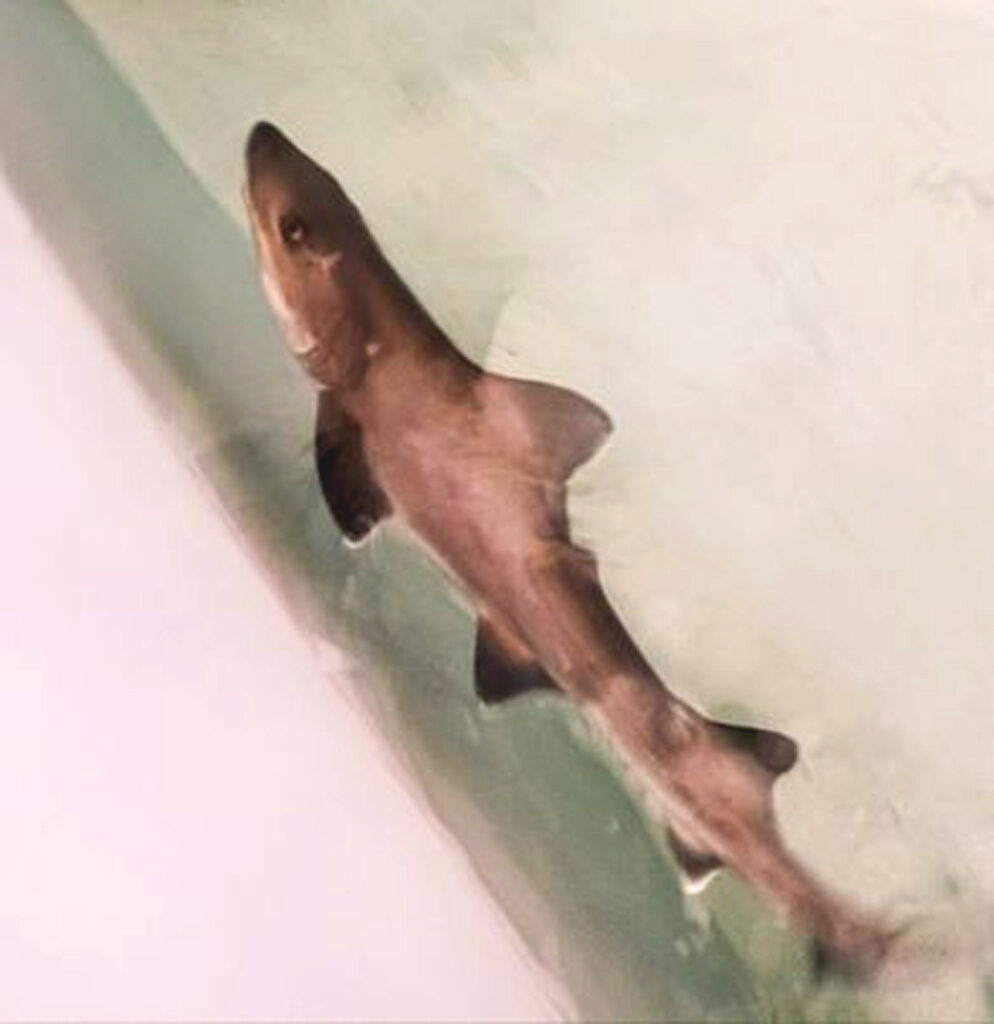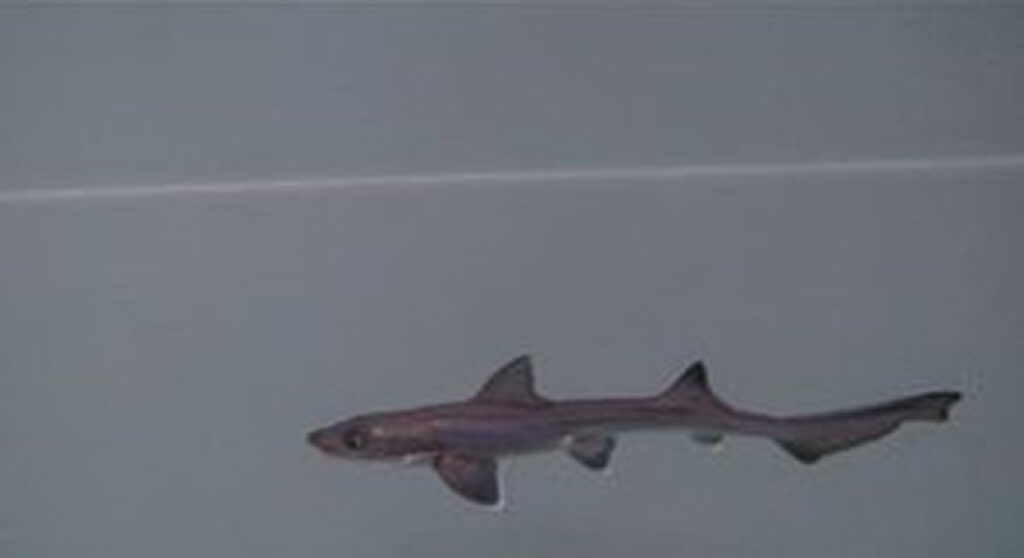Miracle Baby Shark Born Even Though There Are No Male Sharks In The Tank
A miracle baby shark born despite the fact that they had not been a male shark in the tank for more than a decade could possibly be the first confirmed case of parthenogenesis reproduction ever recorded in this marine species.
The unique baby which belongs to the common smooth-hound (Mustelus mustelus) genus was born in the Acquario Cala Gonone in Sardinia, Italy.
Named ‘Ispera’ by the aquarium staff, the female baby shark is believed to be a result of parthenogenesis reproduction, which is a form of asexual reproduction where a female egg can develop into an embryo without being fertilized by a sperm.

According to the aquarium staff, the mother of the miracle baby shark would be one of the two female sharks that have spent more than 10 years living in the same large pelagic tank of the aquarium with no males present.
For this reason, Ispera is believed to be the first case of parthenogenesis for her species, a unique breakthrough for marine world science.
The staff of the Cala Gonone Aquarium have sent two DNA samples from the two female sharks of the pelagic tank to a specialized laboratory as this is the only way the hypothesis can be confirmed.

Unfortunately, COVID-19 research has shifted focus away from other fields of research in Italy, meaning the DNA analysis is likely to take a while to be completed.
Parthenogenesis is known as a process that essentially forms ‘clones’ of the parent since the embryo receives genetic material from only one individual. One of the most typical processes for this form of reproduction is for the egg to be fertilized by a still immature egg cell that behaves almost like a sperm.
Usually, parthenogenesis commonly occurs in lower plants and invertebrate animals like ants, wasps, or bees although it was also noticed in some species like reptiles, fish and even birds who would normally reproduce sexually.

Proving that this type of reproduction is also possible among smooth-hound sharks would be a significant scientific breakthrough, since it could pave the path for study into whether parthenogenesis is a natural process used by this type of marine animal.


